Origins and Development (1970s-1980s)
The Shops at Ithaca Mall, located in Lansing just outside of Ithaca, New York, opened in 1976. Back then, it went by a different name - Pyramid Mall Ithaca - after its developer, The Pyramid Companies.
The decision to build the mall wasn't without controversy. Local businesses and some residents opposed the development, concerned it would hurt smaller stores in downtown Ithaca. However, despite the pushback, the mall opened its doors and quickly became a regional shopping destination.
In its early years, the mall anchored its success with four key tenants: J.W. Rhodes, JCPenney, Montgomery Ward, and Hills (which later became Ames). These stores were essential in drawing customers from both Tompkins County and Cortland County.
People from all over the region made their way to Lansing, excited to experience the convenience of having everything from clothing to home goods under one roof. It was one of the few places offering a variety of things to do in Ithaca, NY, making it a popular hangout spot in the late '70s and '80s.
The mall's success mirrored the shopping trends of the era. In the '80s, malls were booming across America, and Pyramid Mall Ithaca was no exception. The single-story layout made it easy for shoppers to navigate, and the expansive parking lot offered convenience.
Retail chains thrived, and Pyramid Mall became a hub for the community - a place where families spent their weekends and holiday seasons browsing through the bustling stores.
This was the beginning of a long chapter in the mall's history, one that would see plenty of change in the decades to come.
Evolution and Changes in the 1990s-2000s
By the 1990s, Pyramid Mall Ithaca started to experience changes that would reshape its identity. One of the biggest transformations came in 2002 when JCPenney, one of the mall's original anchors, closed its doors. The space didn't sit vacant for long, though.
The mall adapted quickly, dividing the former department store into several new stores, including Best Buy, Borders Books & Music, and Dick's Sporting Goods. This marked the beginning of a new chapter, as the mall started to diversify its offerings beyond traditional department stores.
In 2007, the mall underwent a major rebranding, changing its name from Pyramid Mall Ithaca to The Shops at Ithaca Mall. This wasn't just a name change; it reflected the mall's desire to update its image and appeal to a more modern audience.
At the same time, Regal Cinemas, which had been part of the mall since its earlier days, moved to a new, larger location within the mall, giving the movie-going experience a fresh look. The combination of new retail stores and entertainment options helped breathe new life into the property.
Throughout this period, The Shops at Ithaca Mall became more than just a shopping center. Events like bridal shows and health fairs brought in new crowds, and the variety of national chains gave locals and visitors alike plenty of choices.
However, these changes also marked the beginning of retail's slow decline in the region, a trend that would become more evident in the years to follow.
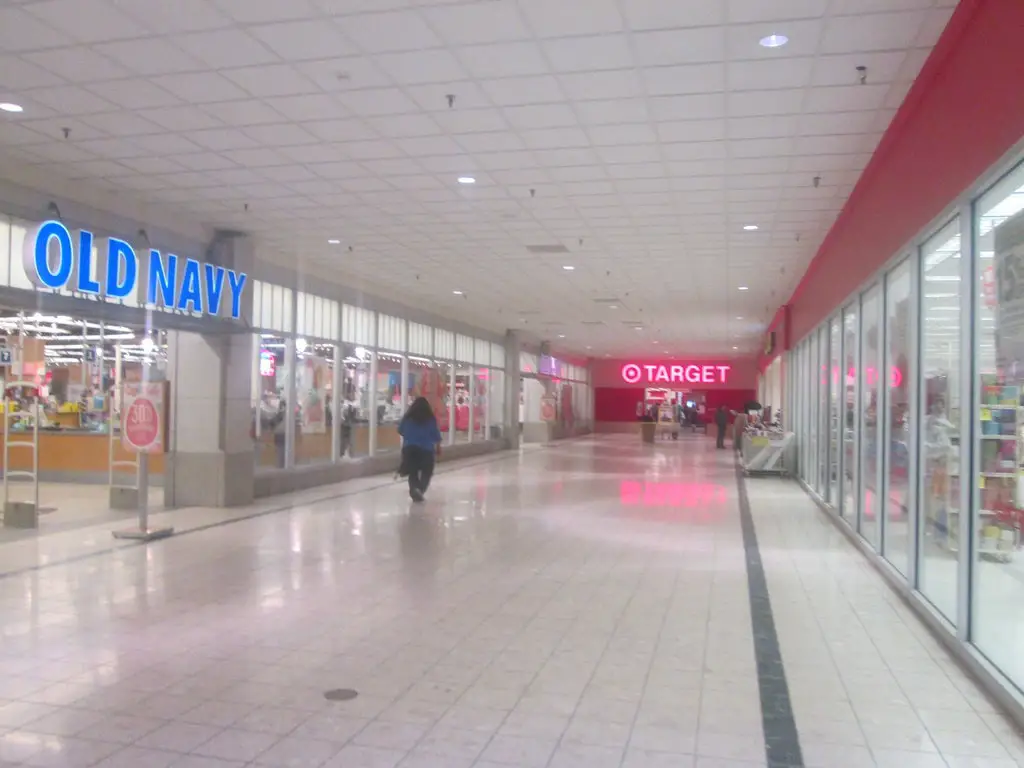
Retail Struggles and Store Closures (2010s)
The 2010s proved to be challenging for The Shops at Ithaca Mall. Retailers across the country struggled to compete with the rise of e-commerce, and this mall was no exception.
One of the first major blows came in 2011 when Borders Books & Music - a favorite for book lovers - closed its doors after the company declared bankruptcy.
The space briefly housed Ultimate Athletics before transforming into Ulta Beauty and DSW, both of which would later close.
The mall faced another setback in 2014 when Sears, a longtime anchor, announced it would be closing. This iconic department store's departure was a tough loss, as it had been a key part of the mall's original lineup.
In 2018, Bon-Ton also shut down as part of a nationwide liquidation, leaving Target as the only traditional anchor store remaining.
While the closures reflected broader trends in the retail industry, they had a noticeable impact on foot traffic at the mall. Once-bustling spaces were now vacant, and the loss of major tenants forced the mall's management to rethink their strategy for filling these large, empty retail spaces.
The 2010s for The Shops at Ithaca Mall were marked by efforts to cope with an evolving market and a dwindling number of retailers willing to occupy physical storefronts.
New Directions - Healthcare, Leisure and Self-Storage (2020s)
As the 2020s rolled in, The Shops at Ithaca Mall found itself adapting once again to survive in a challenging retail environment.
By this time, it became clear that relying on traditional retail tenants wasn't enough. In a strategic move, Cayuga Health purchased two of the mall's largest vacant spaces - the former J.W. Rhodes/Bon-Ton and Sears locations - in 2022.
These spaces were converted into health centers, marking a shift from retail to service-oriented businesses.
The decision to bring healthcare facilities into the mall reflected a growing trend across the U.S., where many malls were transforming into mixed-use spaces to fill empty storefronts.
At The Shops at Ithaca Mall, two unique activities, Pickleball Mania and the League of Women's Rollers, have emerged as popular community attractions.
Pickleball Mania has quickly become a hub for pickleball enthusiasts of all ages. Offering four indoor courts, the facility regularly hosts clinics, tournaments, and casual games.
Located near the Regal Cinemas, it provides a fun, active space for both serious players and those looking to try out the sport.
The League of Women's Rollers offers an exciting twist to traditional roller sports. It serves as a community for women who enjoy roller skating, providing them with a dedicated space for practices and events.
This league fosters a sense of camaraderie and empowerment while encouraging physical activity through the dynamic sport of roller skating.
This wasn't the only non-retail development. In June 2024, it was announced that Cube Smart, a self-storage company, would take over several large, unused sections of the mall.
These spaces include the Best Buy area and the now-closed Dick's Sporting Goods, Ulta Beauty, and DSW stores.
Turning former retail areas into self-storage wasn't exactly what shoppers of the past might have expected. Still, it highlights how malls are evolving to meet practical needs in their communities.
With these changes, The Shops at Ithaca Mall began to look less like a traditional mall and more like a mixed-use facility.

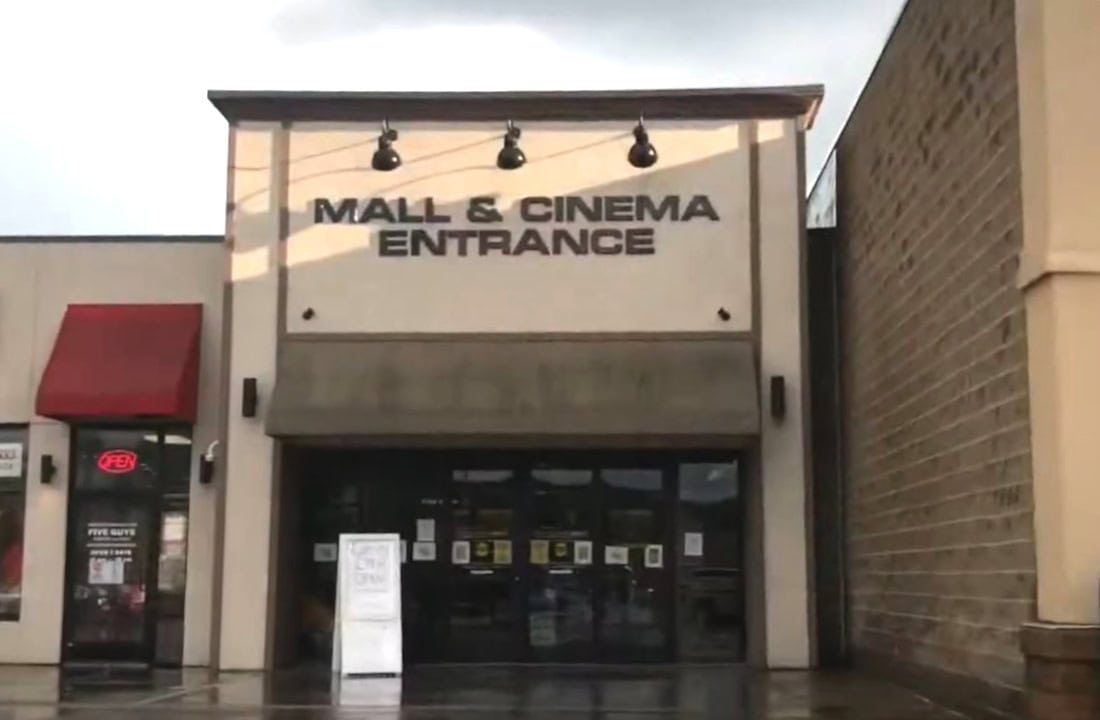
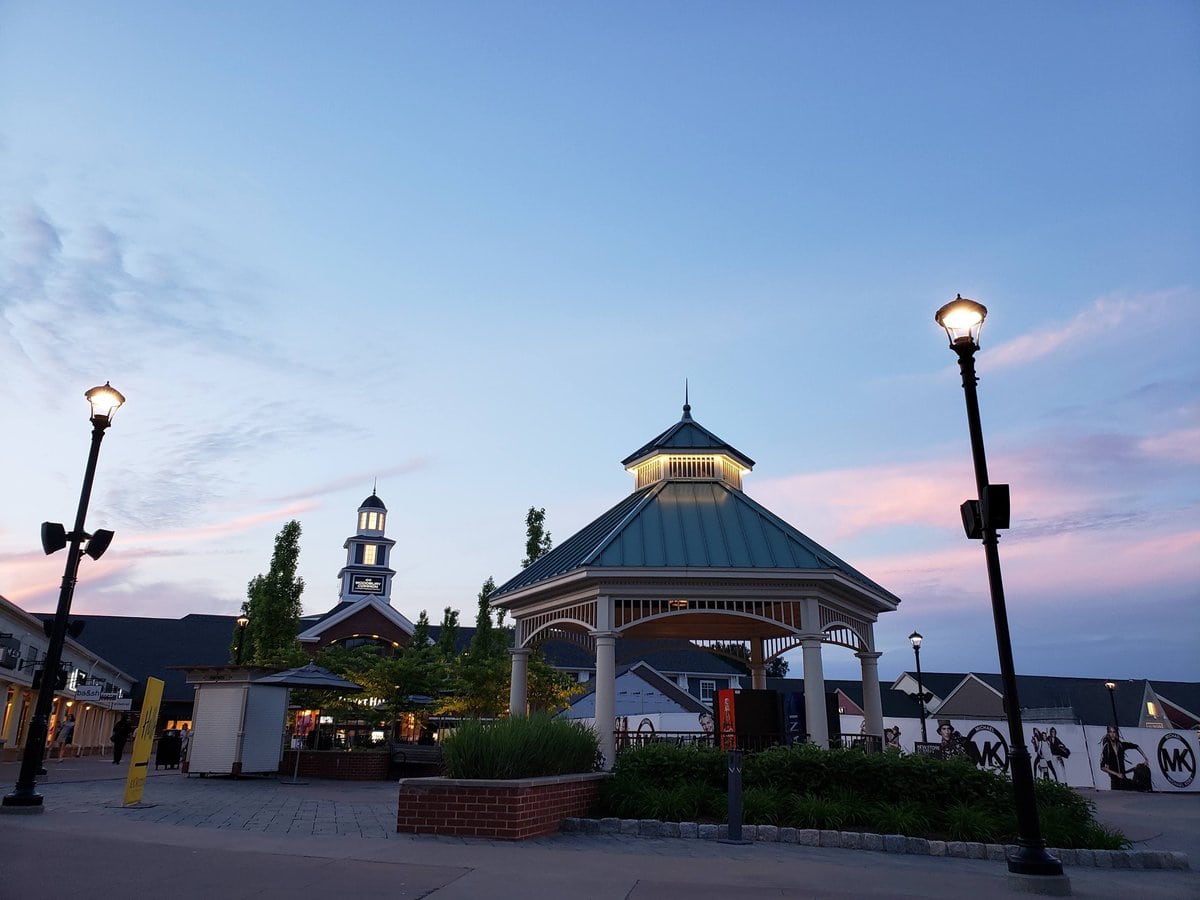
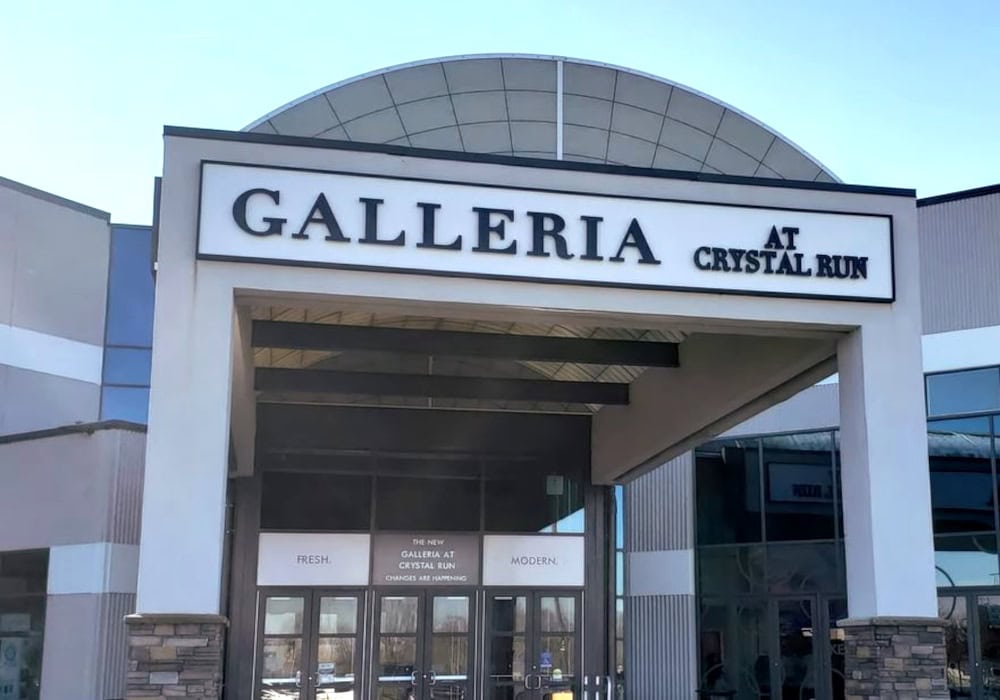

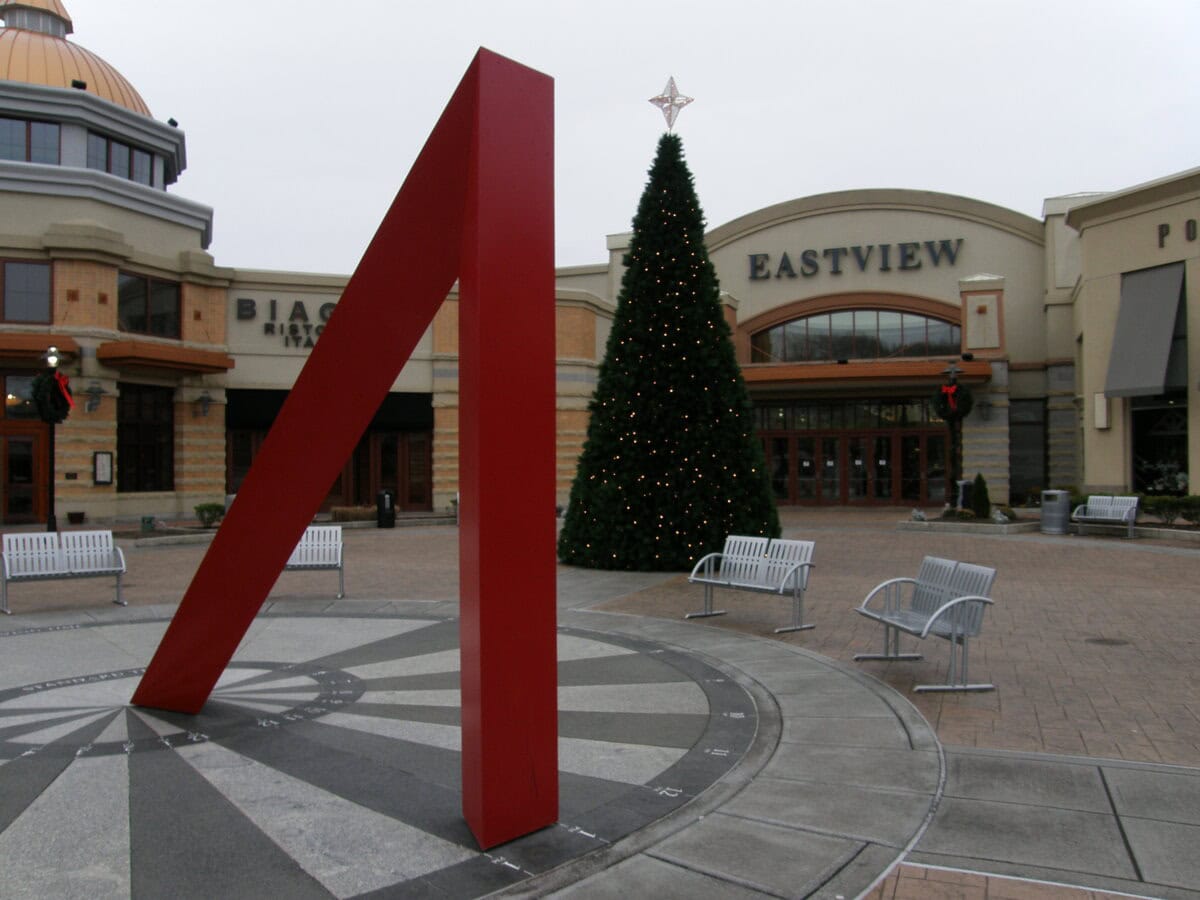
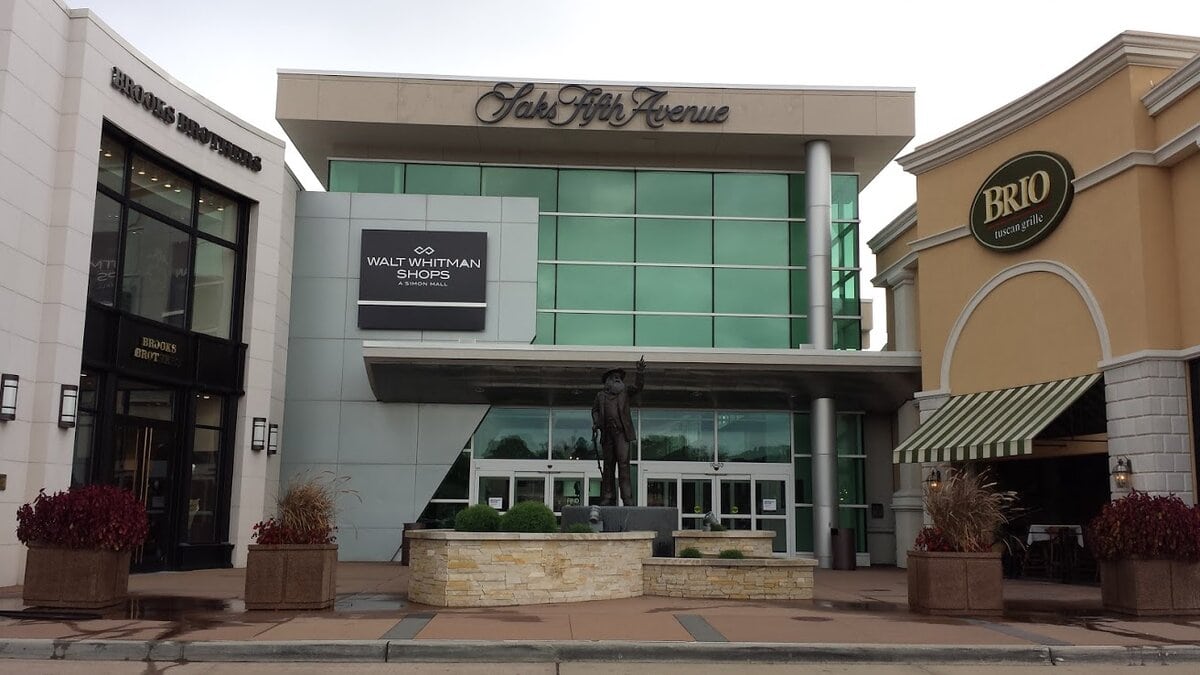


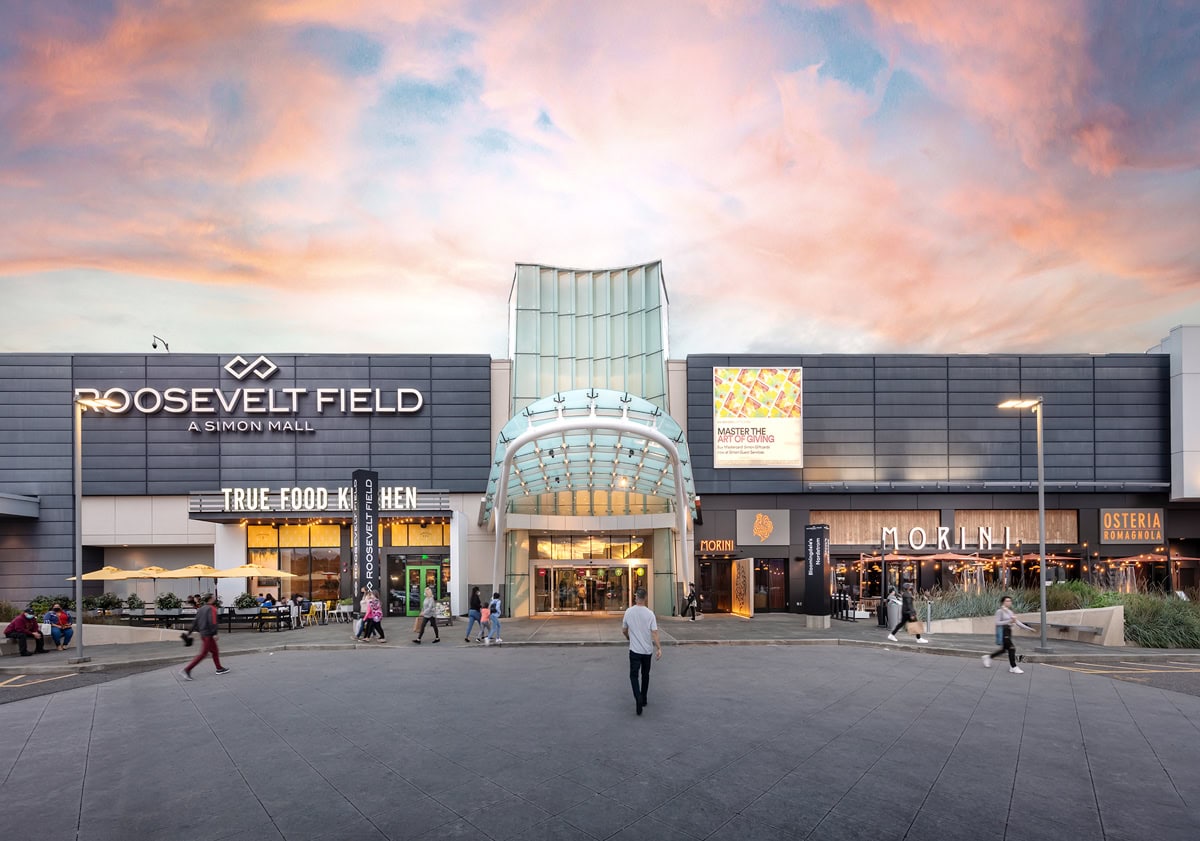
I think they should lower rent and put more stores in there. I'd hate seeing it go to waste.
Lowering rent sounds like a smart way to bring more life to the mall. It’s such a valuable space that shouldn’t go to waste. Thanks for sharing your idea!